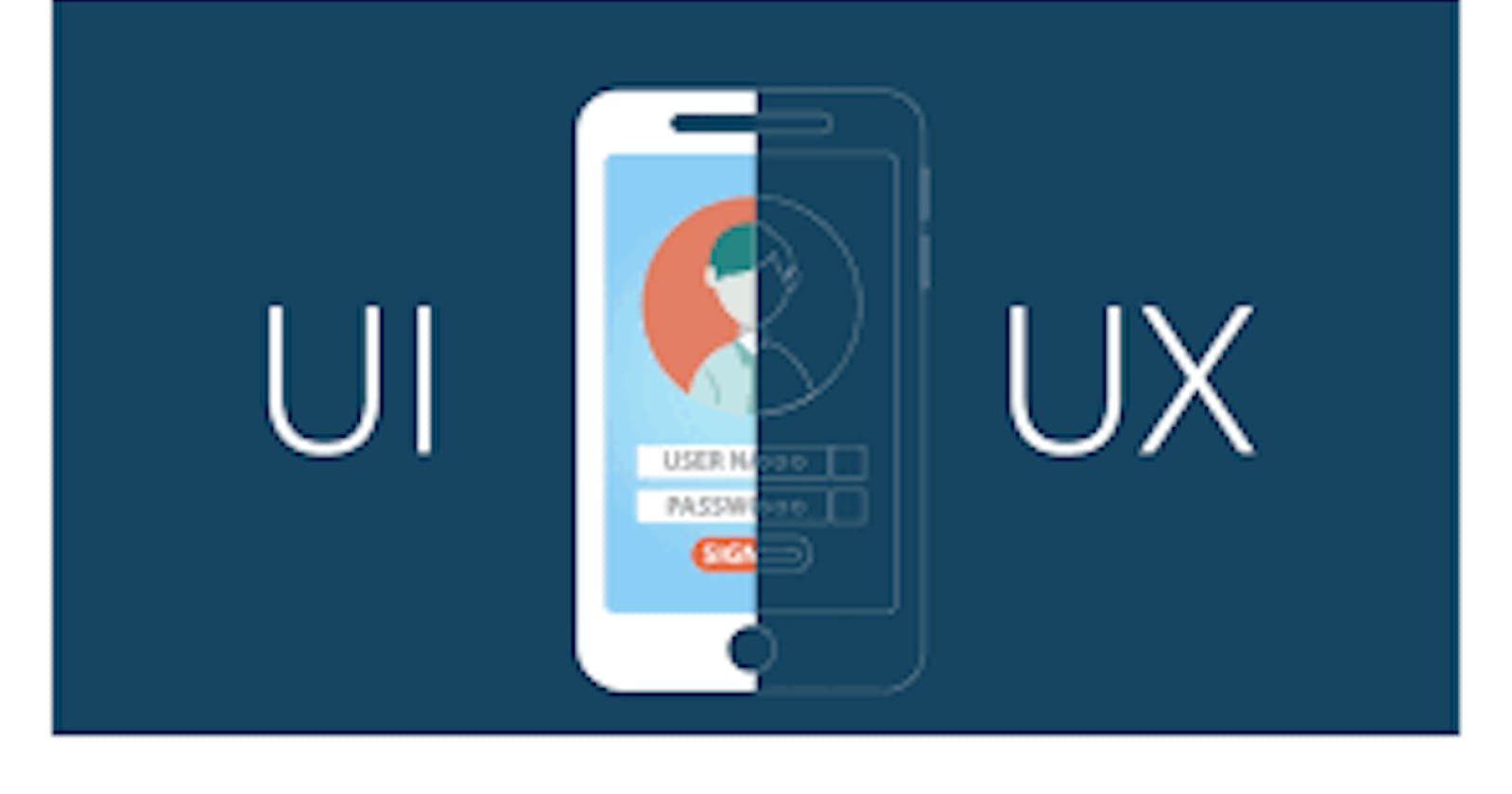Why design matters.
Our environment shapes our mood so design plays an important role in how we perceive an environment. We feel like different people depending on what see. The beautiful design encourages our better sides while the ugly design brings out our worst ones.
Before going into a career in UX or UI Design it is important to know what they are about as well as some significant differences between the two.
UX Design
UX designers are primarily concerned with how the product feels. UX design is essentially a human-first design meaning it focuses on how the human will interact with the device and complete their given task with ease. UX design is focused on making the interaction between product and user more enjoyable.
Responsibility
Strategy and content (user first).
wireframing and prototyping
Execution and analytics.
Connect Business needs to users' needs.
Tools of the trade: Photoshop, Sketch, Illustrator, Fireworks, InVision
UI Design
UI design is the visual interaction process between users and devices. It is focused on the aesthetics of the device, How the device looks and functions. UI designers are also typically responsible for creating a cohesive style guide and ensuring that a consistent design language is applied across the product.
Responsibility
The look and feel of the product
Graphic and visual design
Interaction design
They Interact with the developer
Tools of the trade: Photoshop, Sketch, Illustrator, Fireworks
Difference between UX and UI Design
UX design is about identifying and solving user problems while UI design is about creating intuitive, aesthetically-pleasing, interactive interfaces. UX design usually comes first in the product development process, followed by UI. The UX designer maps out the bare bones of the user journey; the UI designer then fills it in with visual and interactive elements. UX can apply to any kind of product, service, or experience; UI is specific to digital products and experiences.
Most common design mistakes
- Using too many words instead of visuals
- Poor readability: too many lines of text
- Miss matching fonts: use 2-3 fonts or one font with different variation
- Not choosing the right colors
- Lack of negative space
- improper aligning
- Failing to create contrast
- Not scaling elements properly
- Hard to read text
- Inappropriate font combinations
- Inadequate space between lines
- Using raster images
- Striving for complete symmetry
- Failing to communicate effectively
- Not being consistent
There are notable differences between UX and UI design but they can work hand in hand and most times are done by the same person.
Other types of Designs
Visual Design (Graphics design)
Visual designers are not concerned with how screens link to each other, nor how someone interacts with the product. Instead, their focus is on crafting beautiful icons, controls, and visual elements and making use of suitable typography. Tools of the trade: Photoshop, Sketch
Interaction Design
Interaction design is concerned with creating animation inside an app. It deals with what the interface does after a user touches it. Tools of the trade: AfterEffects, Core Composer, Flash, Origami
UX Research
UX research is focused on understanding a user’s needs. The goal of a researcher is to answer the twin questions of “Who are our users?” and “What do our users want?" Tools of the trade: Mic, Paper, Docs
Product Design
Product design is used to describe a design that involves the creation of the look and feel of a product.
Personally, I would like to do both of them rather than focusing on only one because there is a blurred line between the two that I won't mind crossing when necessary, and having good knowledge of both will put me at an advantage.
